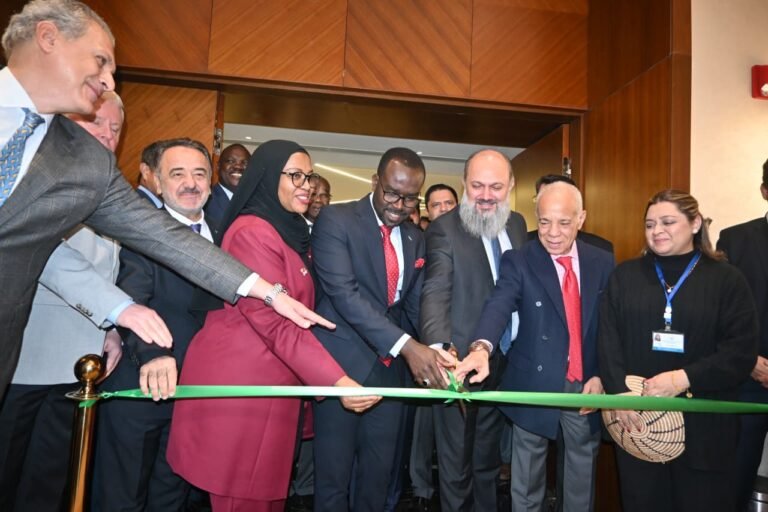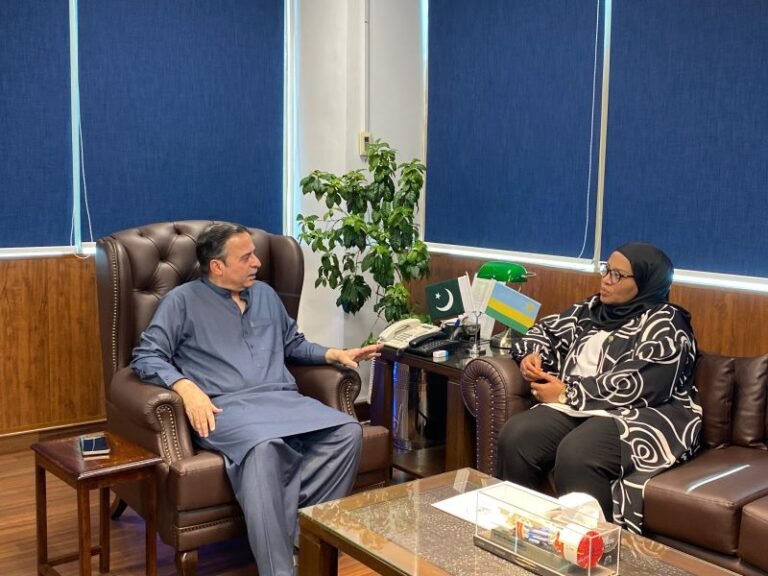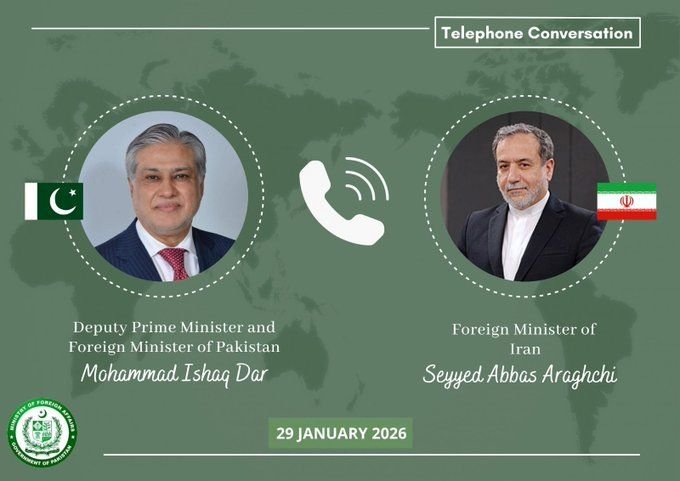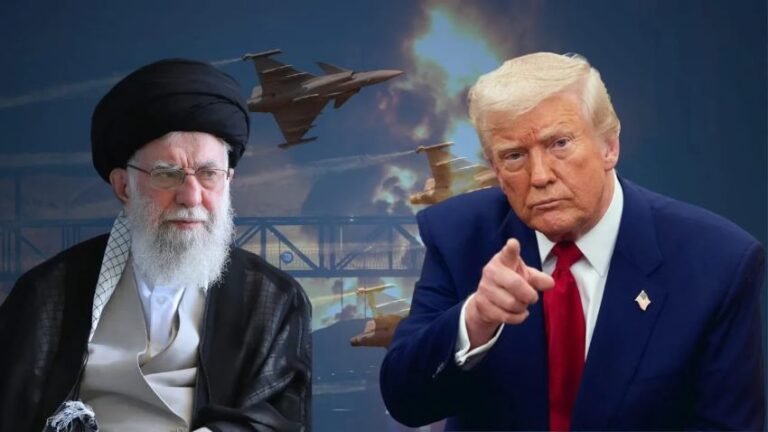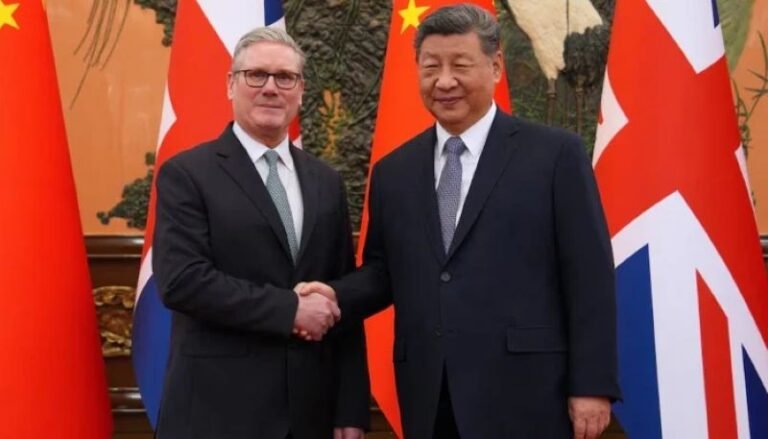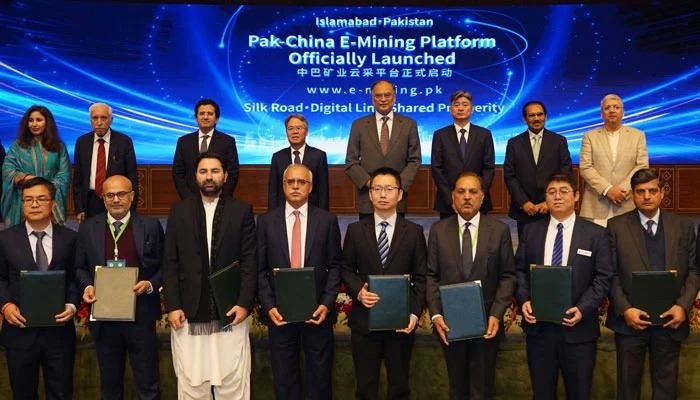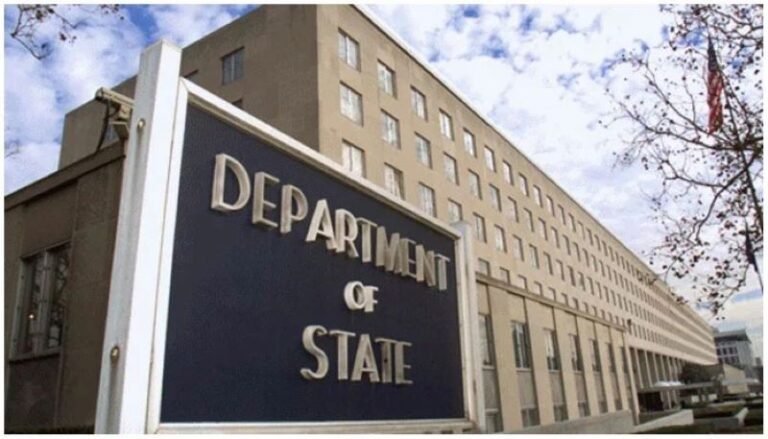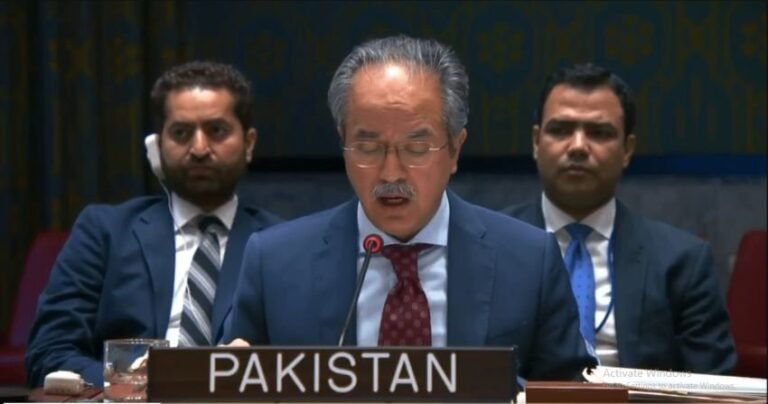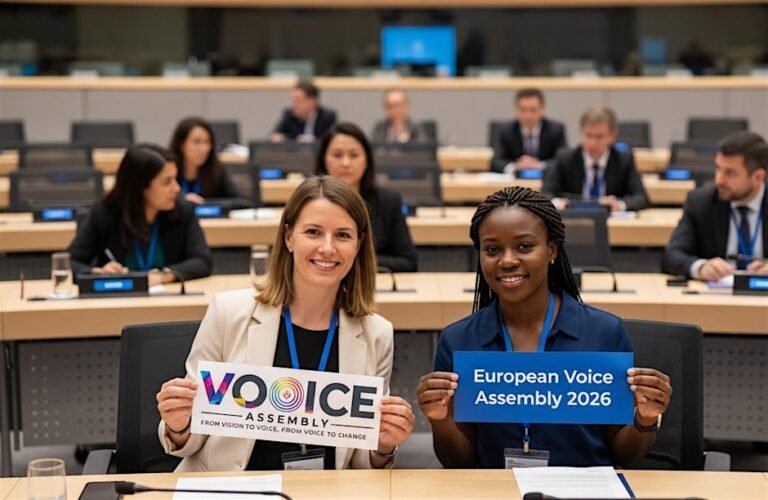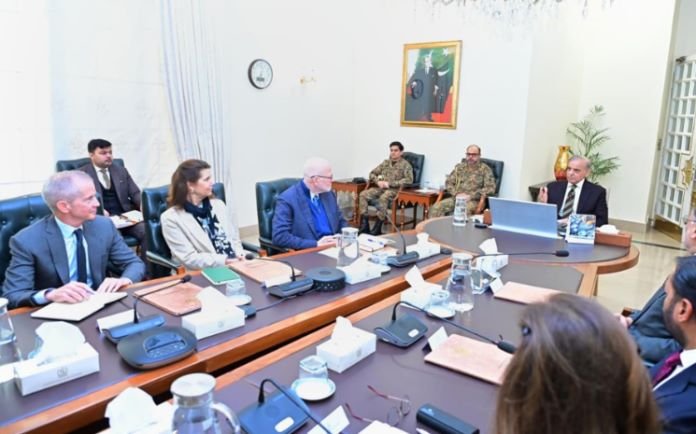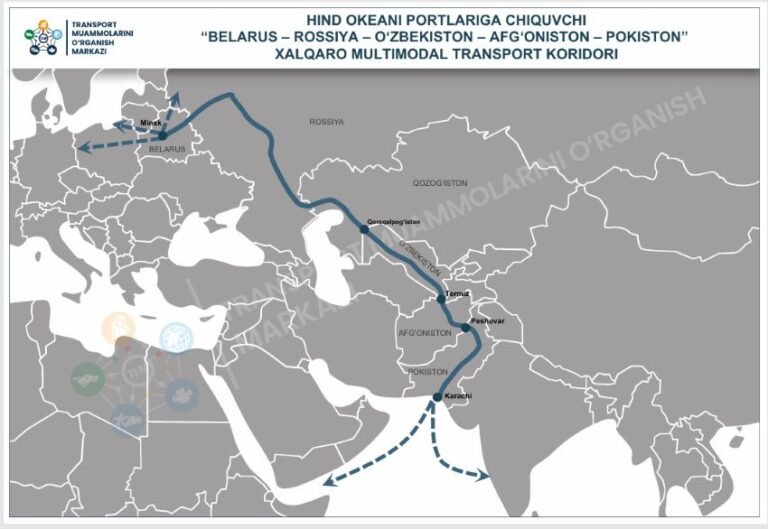United Nations (TDI): During a solemn gathering at the United Nations marking 80 years since the signing of its Charter, Pakistan drew attention to unresolved international conflicts, particularly highlighting the long-standing issues of Kashmir and Palestine.
Addressing the special session of the General Assembly, Pakistani representative Saima Saleem emphasized the urgent need to return to the core principles upon which the UN was built. She described the Charter as a timeless guide, rooted in ideals such as equal sovereignty, human rights, and peaceful conflict resolution.
“This occasion should be more than just a ceremonial tribute,” she said. “It must serve as a reminder and a wake-up call for nations to recommit to genuine multilateral cooperation.”
The UN Charter was signed on June 26, 1945, in San Francisco by 50 nations, with Poland joining later to complete the list of 51 founding members. The Charter officially came into force on October 24, 1945. Since then, the organization has expanded to include 193 member states.
Read More: Kashmir in the Crossfire: Realpolitik and the Forgotten Human Cost
Opening the event, General Assembly President Philemon Yang acknowledged the historic importance of the day, while also noting that the world is still plagued by violent conflicts.
While addressing the General Assembly, Philemon Yang, the session’s president, said that the wars in Gaza, Ukraine, and Sudan are harsh reminders that the world is still far from the ideals laid out in the UN Charter. He urged countries to stop choosing military action and instead return to the negotiating table.
Pakistan’s delegate, Saima Saleem, pointed out that although the UN has helped prevent larger global conflicts, it hasn’t lived up to many of its original promises. “The Charter speaks of justice and equal rights,” she said, “but the reality for millions tells a different story.”
Read More: Pakistan, India Trade Barbs at UN Over Kashmir
She highlighted how today’s world is dealing with worsening inequality, illegal occupations, and repeated violations of international rules, issues that can’t be brushed aside or addressed through speeches alone.
Bringing up Kashmir and Palestine, Saima criticized the UN’s inability to implement its own Security Council resolutions. She said people in both regions have been waiting for decades to exercise their right to decide their future, a right promised to them under international law. “It’s not enough to pass resolutions,” she added. “They need to be honored.”
“These are not forgotten struggles,” she said. “They represent the very challenges the UN was created to address.”
She closed her remarks by urging member states to move beyond rhetoric and translate the UN’s foundational ideals into reality for all people, not just a few.
Farkhund Yousafzai is an Associate Editor at The Diplomatic Insight.
- Farkhund Yousafzai
- Farkhund Yousafzai
- Farkhund Yousafzai
- Farkhund Yousafzai



